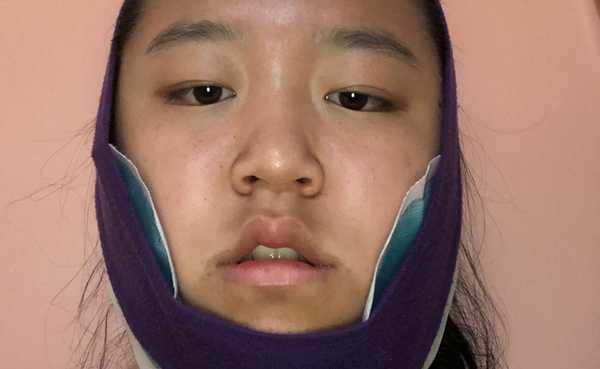As a #brokecollegestudent, I began to job search the day I got out of my finals. I usually used websites such as Care.com or UrbanSitter for quick and easy babysitting gigs, but neither of these sources proved very useful for finding the short-term jobs that I needed.
I began to branch out and used Indeed.com, searching keywords such as nannying or day camp and finally stumbled upon a 4-day summer camp for NAAF. I didn't question what NAAF stood for, or what the camp was for; all I knew was that I am a good nanny and love spending time with kids, so I sent in an application.
Upon being accepted for the position, I finally began to research what NAAF was and why it would be so crucial to understanding its importance to my job. NAAF is the National Alopecia Areata Foundation, which hosts a conference for children between all ages, primarily 5 to 30, who suffer from the condition of alopecia areata, an autoimmune disorder during which, in simplest terms, a person is "allergic" to their hair and it falls out.
Each year, the conference takes place in a different location across the United States, and it happened to be at the Hyatt Hotel right near my house. People from across the nation would fly out for this extremely special occasion to bond, hang out, and simply connect with others who had alopecia. I was assigned to work with the tween group, and I was initially very nervous to be approached. I became worried -- what if one of the kids asked me questions about hair that I didn't know the answer to, or what if I made someone uncomfortable by accidentally saying something wrong?
When I met my first child, I immediately lost all sense of anxiety, and when more and more kids joined my group, I was disappointed in myself for expecting to treat these kids any differently than usual; kids will be kids, and these were just as rambunctious as any other child.
Over the course of the following days, I learned more and more about what it's like to be stared at for being bald, what it's like to be a kid and lose your hair all at once, how bullying ranged among kids and through adulthood, and how these kids were so beautiful, not because of how they looked, but how radiant they were in their confidence. Whether patchy, completely bald, or just a sibling of someone who has alopecia, every person carried a story that was shared and could resonate with each person in the room who had gone through similar struggles.
I learned about how people had been attending the conference for nearly their entire lives, and how the bonds made amongst each other allowed for a special alliance and gave a sense of comfort among the people who had alopecia.
What I thought would be a carefree summer camp job became an experience I would never want to take back, and I am so lucky that I could work with all of these wonderful people.
I not only learned about a disorder I had never heard of, but I also became aware of what types of things can offend or hurt people who have alopecia, and most importantly, I was yet again reminded of how no matter what, people are across the board the same and should all be treated as such. When we label people based on their race, religion, sexuality, or ability, we limit how we interact with them, in turn foraging a disservice on both parts, because we could totally miss an opportunity on creating memorable and beautiful bonds.



















